Our 2026 Exhibitors
IHHG is truly grateful for the support and contributions from the following organizations.
Check this page frequently as it will be continuously updated.
The NCTR derives its mandate from the Truth and Reconciliation Commission of Canada’s Calls to Action and from the agreements under which the Centre was established and the records of Residential School Survivors first entrusted to its care. It is a place of learning and dialogue where the truths of the residential school experience will be honoured and kept safe for future generations.
The FNCCEC is a national organization representing Cultural Education Centres across the country. In partnership with the Federal Government, the FNCCEC creates and delivers programs that support language revitalization, reconciliation and relationship-building between Indigenous and non-Indigenous communities.

Niiwin is a platform designed to empower Indigenous Peoples to take control of their own stories and data with Indigenous-informed design, management, and governance. We build all our custom software with Niiwin, with a focus on Indigenous Digital Sovereignty.

APTN launched in 1999 as the first national Indigenous broadcaster in the world. Since then, the network has become a global leader in programming that celebrates the rich diversity of Indigenous Peoples from home and abroad. A respected charitable broadcaster, APTN shares authentic stories to Canadian households through basic channel packages via two distinct HD channels: APTN (English and French language programming) and APTN Languages (Indigenous language programming). APTN proudly features over 80% Canadian content and inspires audiences via multiple platforms, including its Indigenous-focused streaming service, APTN lumi.

CBC/Radio-Canada is your public broadcaster, with a mandate to inform, enlighten and entertain. We are a multiplatform public service media company, offering news, information, entertainment and sports programming through websites, streaming services, podcasts, TV and radio.
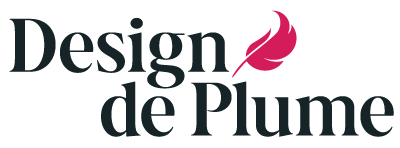
Design de Plume is an Indigenous and women-owned creative agency that creates inclusive and accessible design solutions. We collaborate with organizations and Indigenous communities to amplify stories through strategy, branding, campaigns, design systems, and websites. Our collaborative approach helps bridge cultures and foster meaningful engagement through thoughtful, purpose-driven design.
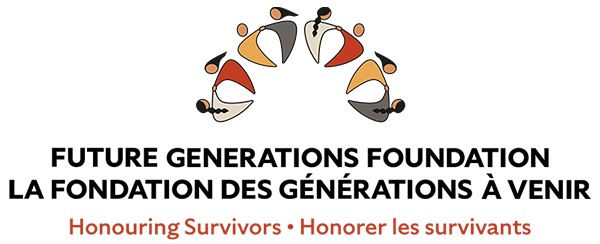
The Future Generations Foundation provides individual funding for First Nations and Métis adults pursuing education, vocational training, or cultural learning, as well as organizational grants for community-led projects focused on healing, reconciliation, and cultural revitalization.

The Indian Boarding Homes Program was created by the Government of Canada, placing children from First Nations, Métis and Inuit villages in communities to stay in private homes for the purpose of attending school.
This Indian Boarding Homes Class Action settlement is in response to two legal actions (Superior Court of Quebec and Federal Court cases) filed on behalf of Indigenous children who suffered harassment, abuse, loss of language and culture, and other harms as a result of their participation in the Indian Boarding Homes Program. Through the litigation, plaintiffs sought compensation, recognition, and justice for their experiences and harms suffered.
The Indian Boarding Homes Class Action provides compensation to people placed in these homes as part of this Indigenous class action settlement.

As a full-service travel and tourism agency, Indigeno offers both leisure and business travel services to Indigenous and non-Indigenous clients. We excel as a provider of exciting and authentic Indigenous tourism experiences to travellers worldwide and business travel services to government and businesses.
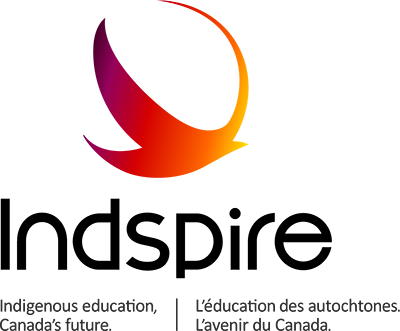
Indspire is a national Indigenous charity that invests in the education of First Nations, Inuit, and Métis people in Canada. Through programs and initiatives, Indspire supports Indigenous learners from kindergarten to post-secondary and beyond. Their services include:
- Bursaries & Scholarships: Financial support for Indigenous students pursuing post-secondary education.
- Educational Programming: Initiatives like Soaring and Rivers to Success, which offer career exploration, cultural teachings, and personal development.
- Teacher Support: Tools and funding to help educators integrate Indigenous knowledge and practices in classrooms.
- Workshops & Events: Virtual and in-person events that promote Indigenous culture, wellness, and leadership.
Indspire’s work helps close the education gap and empowers Indigenous youth to reach their highest potential.

The Manitoba Métis Federation, its Leadership, MMF Departments, Affiliates and Regions provide a wide variety of supports to ensure your Métis government will be there for you.

The Manitoba Indigenous Cultural Education Centre is a provincial, not-for-profit, charitable and educational organization that works to promote awareness and understanding of Indigenous culture for all Manitobans. MICEC is the largest indigenous cultural education centre in Manitoba where anyone can learn about Indigenous peoples, cultures and languages in Manitoba. MICEC has three main programs – the People’s Library, the Heritage Collection and the Community Connections Program.
Alice Williams, Quiltmaker
We are honoured to welcome Anishinaabe artist and quiltmaker Alice Williams. Alice donated four of her quilts to the Truth and Reconciliation Commission of Canada and they were exhibited during the closing ceremony and release of the final report in 2015. Today, her quilts are protected and kept safe by the NCTR.
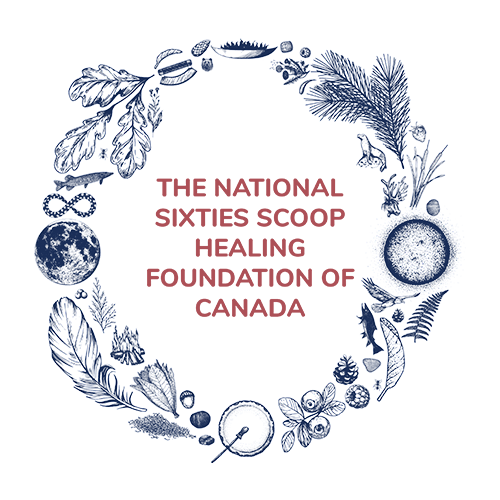
The National Sixties Scoop Healing Foundation of Canada – an independent organization, established through the National Sixties Scoop Settlement. Our mission is to accompany Survivors and their descendants along their healing journey by supporting cultural reclamation and reunification, holistic wellness services, advocacy, commemoration, and educational initiatives. We envision a future where Sixties Scoop Survivors are welcomed and become a community filled with healing and wellness. Independent of government, the Foundation aims to serve all Survivors of the Sixties Scoop—Inuit, First Nations, Métis, status and non-status—in every region of Canada and beyond.
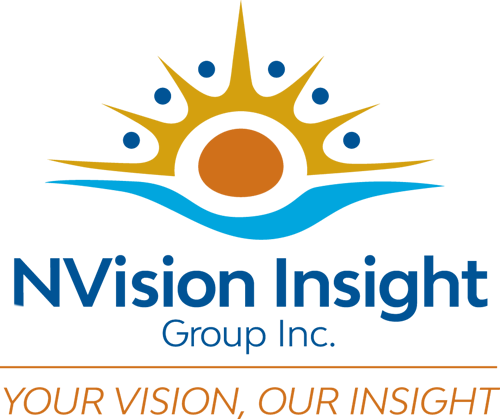
A majority Indigenous-owned consulting company supporting proud, self-determining, empowered Indigenous communities.

Outaouais Tourism, in partnership with the Hilton Lac-Leamy, proudly represents the vibrant Outaouais region. Just steps from Ottawa, our destination combines world-class meeting facilities, natural beauty, and cultural richness. Together, we offer seamless support for conferences, meetings, and events, ensuring a memorable experience for every delegate.
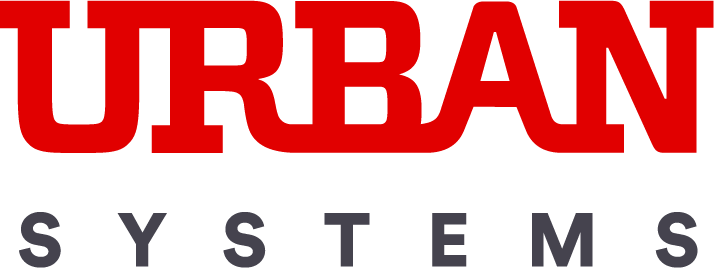
Urban Systems / Urban Matters

